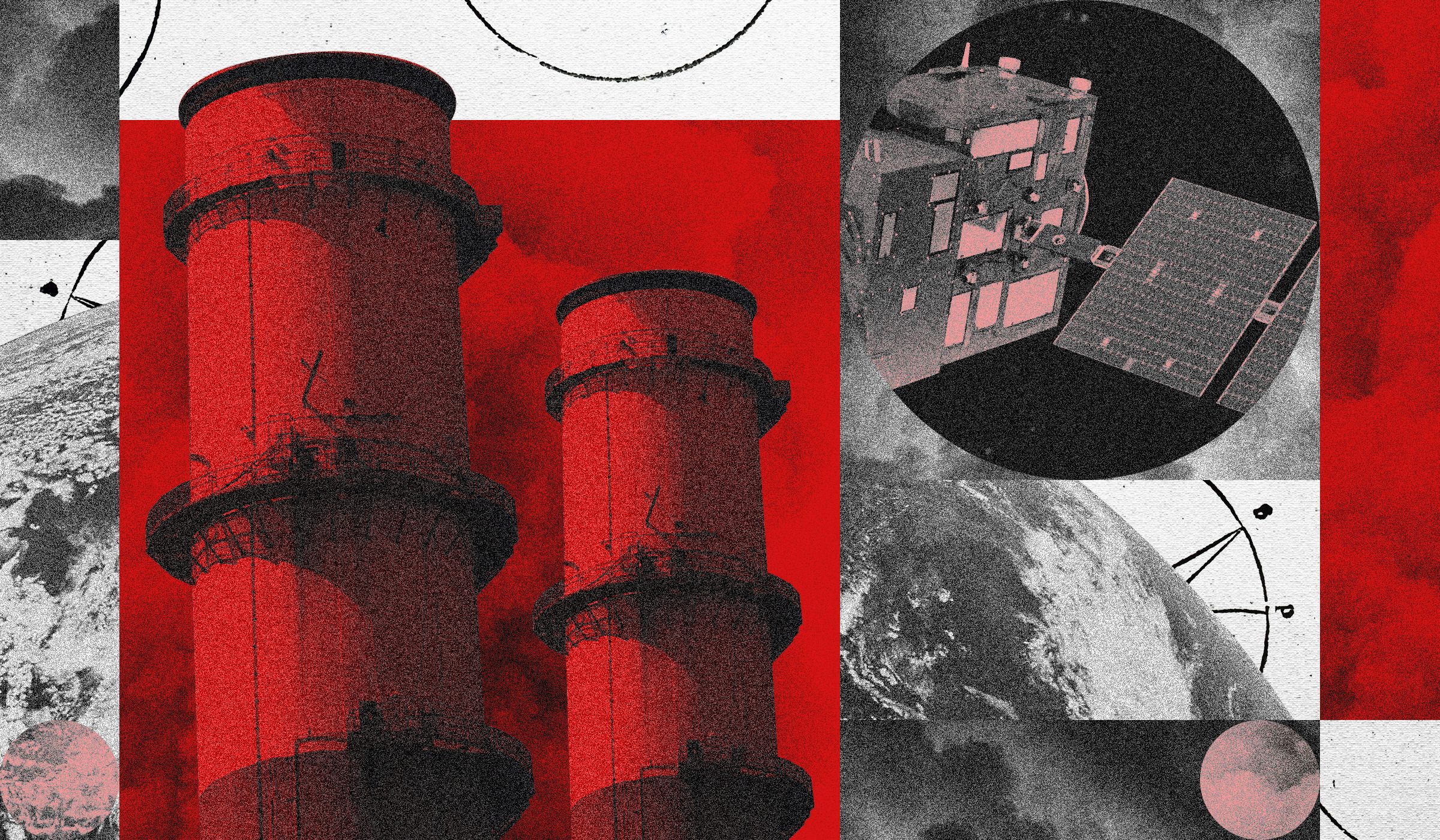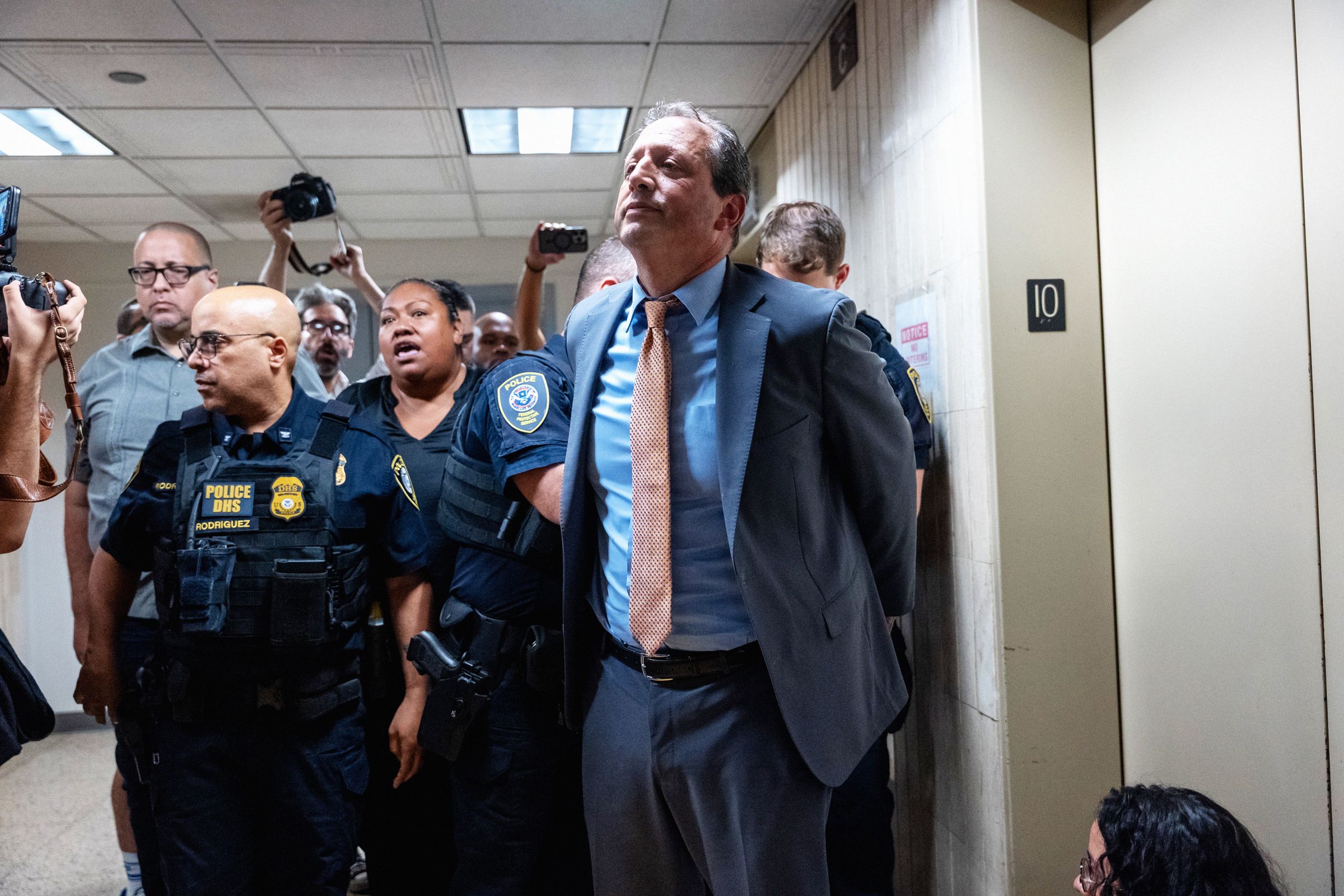The EPA Is Ending Greenhouse Gas Data Collection. Who Will Step Up to Fill the Gap?
The EPA Is Ending Greenhouse Gas Data Collection. Who Will Step Up to Fill the Gap?
The Environmental Protection Agency (EPA) recently announced its decision to stop...

The EPA Is Ending Greenhouse Gas Data Collection. Who Will Step Up to Fill the Gap?
The Environmental Protection Agency (EPA) recently announced its decision to stop collecting greenhouse gas emissions data from oil and gas producers. This move has raised concerns among environmentalists and climate scientists who rely on this information to track and combat climate change.
With the EPA stepping back from its responsibilities, many are wondering who will step up to fill the gap. Some non-profit organizations and research institutions have already started to take action by launching their own data collection initiatives.
One such organization is the World Resources Institute, which has developed a tool that allows companies to voluntarily report their emissions data. This information will be made publicly available to help hold polluters accountable and drive transparency in the industry.
Other groups, such as the Environmental Defense Fund and the Union of Concerned Scientists, are also working to gather and analyze greenhouse gas data from various sources. However, these efforts are not enough to replace the comprehensive data collection efforts that the EPA previously undertook.
It is clear that a collective effort is needed to ensure that greenhouse gas emissions are accurately monitored and reported. Without this crucial information, it will be challenging to develop effective policies and strategies to address climate change.
Government agencies, industry stakeholders, and the public all have a role to play in filling the data gap left by the EPA. By working together, we can ensure that accurate and reliable greenhouse gas emissions data is collected and used to inform decision-making at all levels.
In the face of the EPA’s decision to end greenhouse gas data collection, it is more important than ever for the global community to come together and prioritize the monitoring and reporting of emissions. The future of our planet depends on it.




